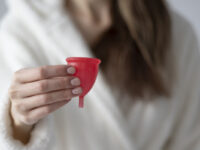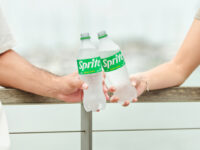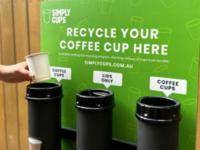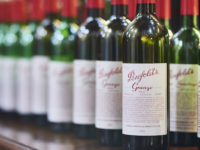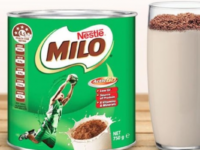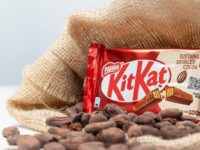Nestlé is calling on more local companies to adopt the Australasian Recycling Label as research shows a vast majority of Australians are putting everyday items in the wrong bins.
The global consumer packaged goods giant – which is drawing rising respect for its efforts to embrace sustainability practices, including researching and developing plant-based foods – has commissioned research showing 95 per cent of Australians claim they are confident about recycling household waste. Yet “the stark reality,” as the company puts it, is that 88 per cent of consumers are putting stuff in the wrong bins.
Nestlé Oceania head of corporate Affairs & sustainability Margaret Stuart says that while 86 per cent of consumers take the time to look for recycling instructions on a pack, inconsistent labelling is causing confusion.
“We know Aussies care about the environment and want to do the right thing – but when they’re standing at the bin they simply want to know ‘Can this be recycled’ and ‘What bin do I put this in’?
“There are lots of recycling labels on the market – such as ‘Recycle me’, ‘Remember to recycle’ and even the Mobius loop – but these don’t necessarily mean the packaging is recyclable or tell people how to recycle it,” says Stuart.
More than 600 companies have now adopted the Australasian Recycling Label but Nestle wants even more to sign on to the scheme.

“We must help people by providing clear, concise and consistent labelling to make sure that the right things get to our recycling centres and don’t end up in landfills.
“There is only one labelling scheme that makes it clear – and that’s the Australasian Recycling Label.”
Meanwhile, consumers are also confused about how to prepare used wrapping and products for recycling. For example, 36 per cent believe takeaway coffee cups can go in recycling bins, despite most not being recyclable (usually due to an internal plastic coating), and 39 per cent of people do not flatten cardboard.
Nestlé says it is committed to making 100 per cent of its packaging recyclable or reusable by 2025 and is rolling out the ARL on all of its locally manufactured products to help consumers know how to recycle right.





